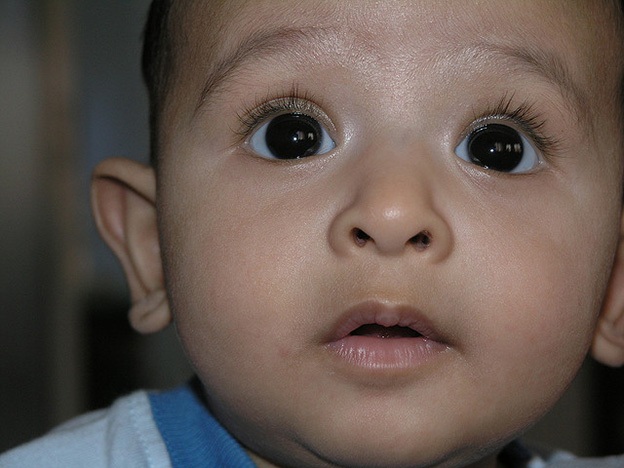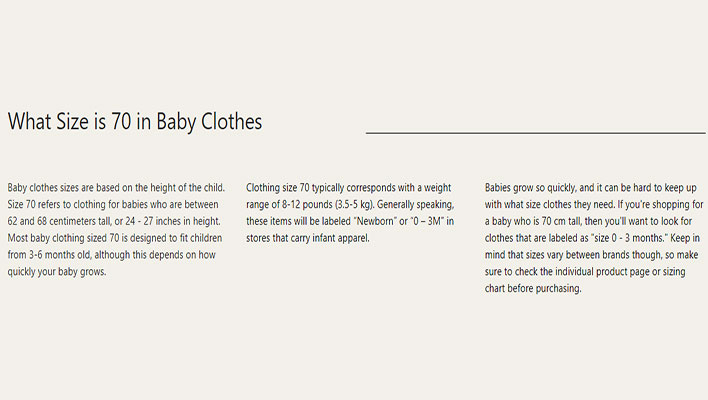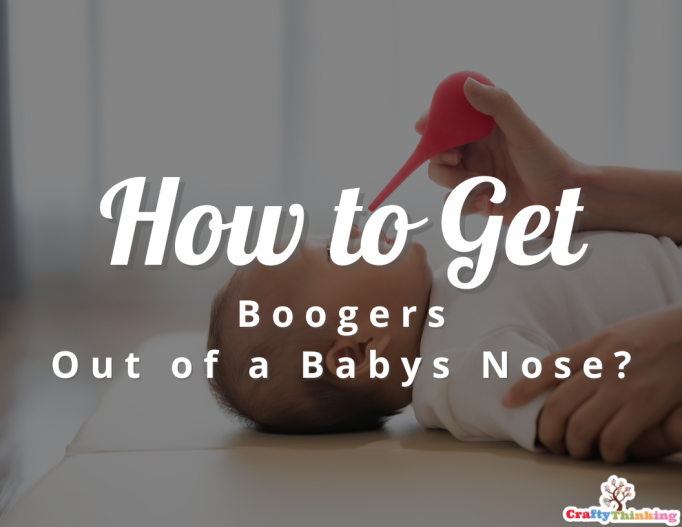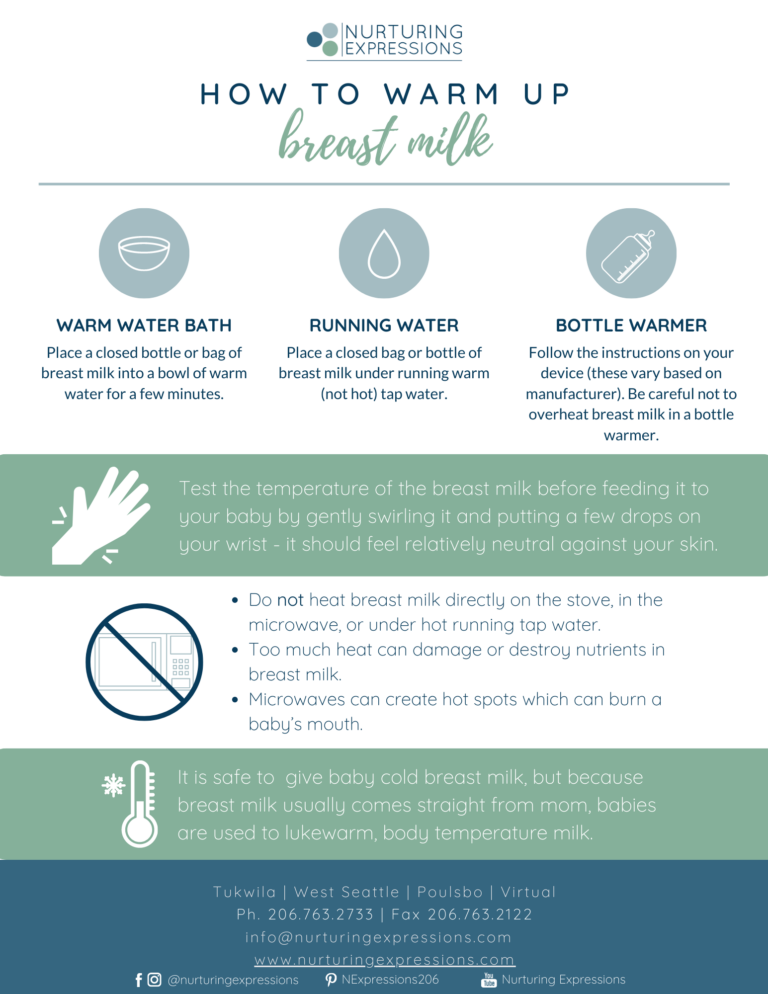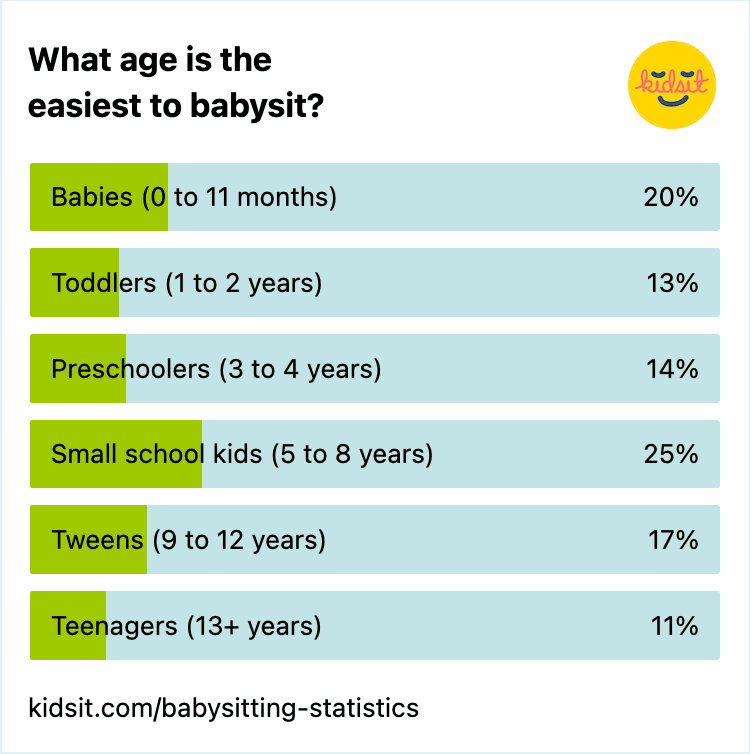How Soon Can You Tell If A Baby Is Blind
Have you ever wondered how soon you can tell if a baby is blind? This question can be a source of concern for many parents and caregivers. In this article, we will explore the topic of infant blindness and discuss the signs and symptoms that may indicate a baby is blind. Understanding this issue is crucial for early intervention and proper care for visually impaired infants.
Knowledge
When it comes to detecting blindness in babies, it is important to understand that infants are not able to communicate their visual experiences like adults. Therefore, caregivers need to observe the baby’s behavior and responses to determine if there is a potential issue with their vision.
One of the earliest signs of infant blindness is the lack of visual tracking. Typically, newborns should be able to follow objects with their eyes within a few weeks of birth. If a baby does not exhibit this behavior, it could indicate a vision problem.
In addition to visual tracking, caregivers should pay attention to the baby’s eye movements. Jerky or unusual eye movements may suggest a visual impairment. Also, if a baby consistently avoids eye contact or fails to respond to visual stimuli, it could be a sign of blindness.
Another way to assess a baby’s vision is to monitor their developmental milestones. Babies with visual impairments may experience delays in reaching certain milestones, such as making eye contact, reaching for objects, or crawling. If a baby is significantly behind in these areas, it may be a red flag for vision issues.
If caregivers suspect that a baby may be blind, it is important to seek a medical evaluation as soon as possible. A pediatric ophthalmologist can perform a comprehensive eye exam to assess the baby’s vision and diagnose any potential issues. Early detection is key to providing appropriate interventions and support for visually impaired infants.
Conclusion
In conclusion, the question of how soon you can tell if a baby is blind is a complex issue that requires careful observation and evaluation. By being aware of the signs and symptoms of infant blindness, caregivers can take proactive steps to ensure the well-being of visually impaired babies. Early intervention and support are crucial for helping these infants thrive and reach their full potential.
Overall, this article is aimed at parents, caregivers, and anyone interested in learning more about infant blindness. By understanding the signs and symptoms of vision problems in babies, individuals can play a crucial role in promoting the health and development of visually impaired infants.
